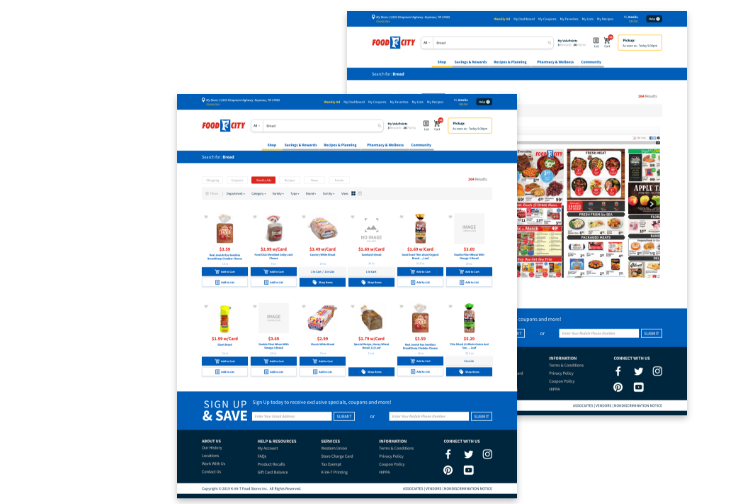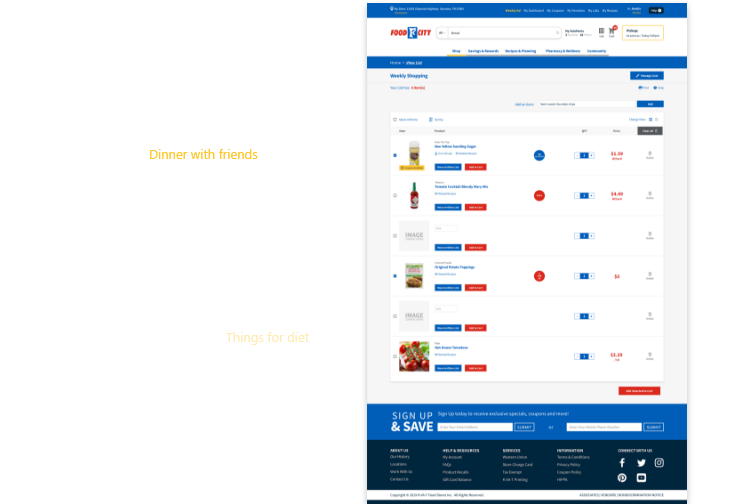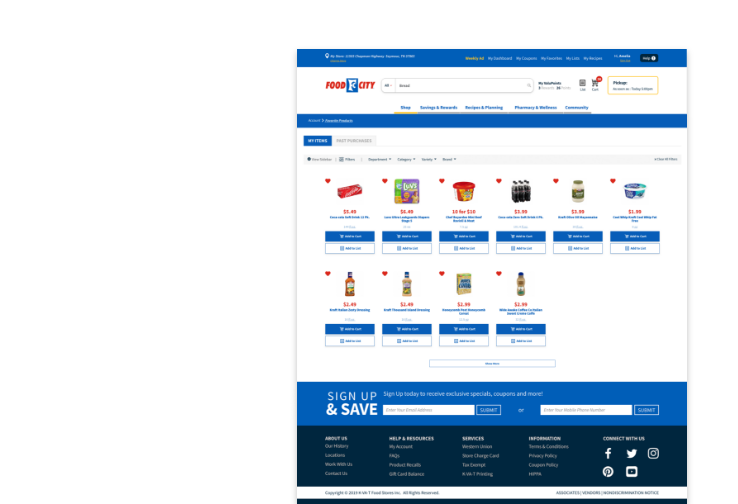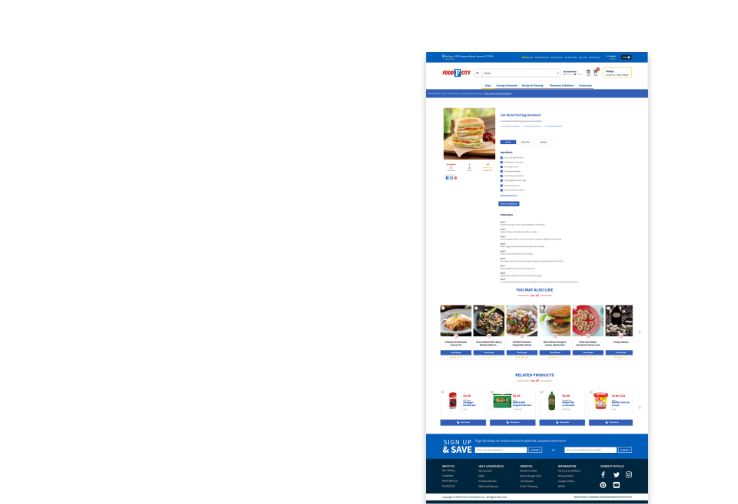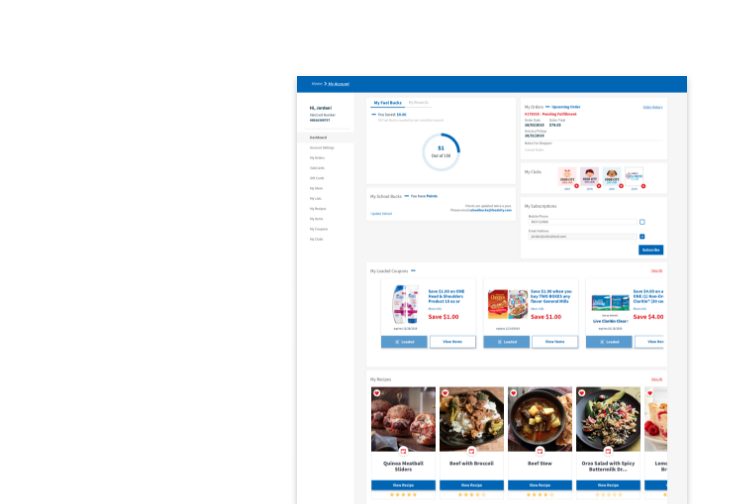
Wellness Club — Men's Health Month
Abingdon, VA. -
Friday, Jun 1, 2018.
by Elizabeth Hall, MS, RDN, LDN Registered Dietitian, K-VA-T Food Stores
June is Men’s Health Month! This month is about heightening awareness of preventable health problems that affect men and encouraging early detection and treatment of disease. Good nutrition and staying active are important to overall health and to prevent illness down the road. Here are a few nutrition tips to focus on this month:
1. Eat breakfast every day: Eating breakfast is important to boost metabolism and provide lasting energy during the day. It is also an opportunity to eat important food groups, like dairy, which men often under-eat.
2. Plan nutrient-rich snacks: Eating smaller, more frequent meals and snacks sustains energy levels and prevents sluggishness. Skipping snacks or meals can cause increased hunger and lead to overeating.
3. Balance your plate: We are creatures of habit and often eat similar foods each day; however, variety and balance is key to meeting nutrient needs. Try to eat different foods each day including at least 2 cups of fruits, 2 ½ cups of vegetables, and lean proteins such as poultry, fish, seafood, lean meats, and beans.
4. Focus on healthy fats: Heart disease is the leading cause of death for men. Eating excess calories and saturated fat can lead to fat storage in the abdominal region which increases heart disease risk. Focus on liquid fats in oils, nuts, seeds, and avocado instead of solid fats.
5. Get adequate micronutrients: Vitamins and minerals are typically under-emphasized in men’s health. Getting adequate calcium (1000-1300 mg/day), vitamin D (15-20 micrograms/day) and iron (8-11 mg/day) is important for bone health and energy.
According to the Centers for Disease Control (CDC), women outlive men by 5 years on average. Part of the issue could be that women are 100% more likely to visit the doctor for annual check-ups to receive preventative services than men. It’s important to take care of yourself by not only eating healthy and exercising, but also by monitoring symptoms when you have them and seeing your doctor regularly.
Sources:
- DRIs: Recommended Dietary Allowances and Adequate Intakes, Elements, https://www.ncbi.nlm.nih.gov/books/NBK56068/table/summarytables.t3/?report=objectonly
- DRIs: Recommended Dietary Allowances and Adequate Intakes, Vitamins, https://www.ncbi.nlm.nih.gov/books/NBK56068/table/summarytables.t2/?report=objectonly
- Centers for Disease Control and Prevention and the National Center for Health Statistics, Health, United States, 2015.
- Life Expectancy data from CDC/NCHS, Health, United States, 2015.

